CHLOROQUINE - ORAL
PHONETIC PRONUNCIATION: (KLOR-oh-kwin)
COMMON BRAND NAME(S): Aralen
GENERIC NAME(S): chloroquine phosphate
Uses
USES: Chloroquine is used to prevent or treat malaria caused by mosquito bites in countries where malaria is common. Malaria parasites can enter the body through these mosquito bites, and then live in body tissues such as red blood cells or the liver. This medication is used to kill the malaria parasites living inside red blood cells. In some cases, you may need to take a different medication (such as primaquine) to kill the malaria parasites living in other body tissues. Both drugs may be needed for a complete cure and to prevent the return of infection (relapse). Chloroquine belongs to a class of drugs known as antimalarials. The United States Centers for Disease Control provide updated guidelines and travel recommendations for the prevention and treatment of malaria in different parts of the world. Discuss the most recent information with your doctor before traveling to areas where malaria occurs. Chloroquine is also used to treat infection caused by a different type of parasite (ameba) by killing the ameba.
How to use CHLOROQUINE - ORAL
HOW TO USE: Take this medication by mouth, usually with food to prevent stomach upset, exactly as directed by your doctor. Daily or weekly dosing, dosage amount, and length of treatment are based on your medical condition, on whether you are preventing or treating the illness, and your response to treatment. The dosage in children is also based on weight. To prevent malaria, take chloroquine once weekly on the same day each week, or as directed by your doctor. Start this medication usually 1 to 2 weeks before you enter the malarious area, continue to take it weekly while in the area, and weekly for 4 to 8 weeks after leaving the area, or as directed by your doctor. Mark your calendar or travel schedule with a reminder to help you remember. To treat malaria infection or an ameba infection, follow your doctor's instructions. Take this medication 4 hours before or after taking a certain drug for diarrhea (kaolin) or taking antacids (such as magnesium/aluminum hydroxide). These products may bind with chloroquine, preventing your body from fully absorbing the drug. It is very important to continue taking this medication exactly as prescribed by your doctor. Do not take more or less of this drug than prescribed. Do not stop taking it before completing treatment, even if you feel better, unless directed to do so by your doctor. Skipping or changing your dose without approval from your doctor may cause prevention/treatment to be ineffective, cause the amount of parasite to increase, make the infection more difficult to treat (resistant), or worsen side effects. It is important to prevent mosquito bites (such as by using appropriate insect repellents, wearing clothes that cover most of the body, remaining in air-conditioned or well-screened areas, using mosquito nets and insect-killing spray). Buy insect repellent before traveling. The most effective insect repellents contain diethyltoluamide (DEET). Ask your doctor or pharmacist to recommend the appropriate strengths of mosquito repellent for you/your children. No drug treatment is completely effective in preventing malaria. Therefore, seek immediate medical attention if you develop symptoms of malaria (such as fever, chills, headache, other flu-like symptoms), especially while in the malarious area and for 2 months after completing this prescription. Quick treatment of malaria infection is needed to prevent serious, possibly fatal, outcomes. When using chloroquine for treatment of malaria, tell your doctor if your condition persists or worsens.
Side Effects
Precautions
Interactions
Overdose
Images
Reviews
Faq for CHLOROQUINE - ORAL
Chloroquine is a medication that is primarily used to prevent and treat malaria. However, it has also been used for the treatment of certain autoimmune diseases such as lupus and rheumatoid arthritis.
Chloroquine works by killing the parasites that cause malaria. It can also help regulate the immune system in autoimmune diseases.
Chloroquine has been studied as a potential treatment for COVID-19, but the evidence supporting its effectiveness is limited and conflicting. It is not currently recommended as a standard treatment for COVID-19.
Common side effects of chloroquine may include nausea, vomiting, diarrhea, headache, dizziness, blurred vision, and rash. Serious side effects such as heart rhythm problems or eye damage may occur but are rare.
No, chloroquine should not be used for self-medication. It is a prescription medication and should only be taken under the supervision of a healthcare professional.
Before using chloroquine, inform your healthcare provider about any medical conditions you have, especially heart disease or a history of eye problems. Also, inform them of any other medications or supplements you are taking to avoid potentially harmful drug interactions.
It is important to discuss the potential risks and benefits of chloroquine with your healthcare provider if you are pregnant or breastfeeding. They will help determine if the benefits outweigh the potential risks.
Chloroquine should be taken exactly as prescribed by your doctor. Typically, it is taken orally with food or a glass of milk. It is important to follow the prescribed dosage and duration of treatment.
Yes, chloroquine can be used as a preventive measure against malaria. It is important to start taking it before entering the malaria zone and continue taking it as directed after leaving the area.
Disclaimer
IMPORTANT: HOW TO USE THIS INFORMATION: This is a summary and does NOT have all possible information about this product. This information does not assure that this product is safe, effective, or appropriate for you. This information is not individual medical advice and does not substitute for the advice of your health care professional. Always ask your health care professional for complete information about this product and your specific health needs.
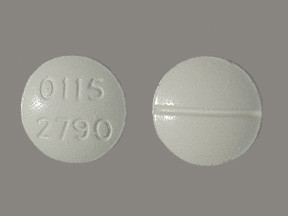
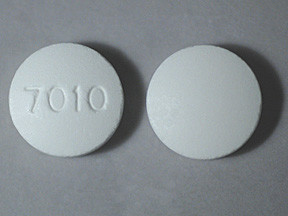
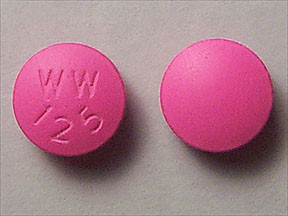
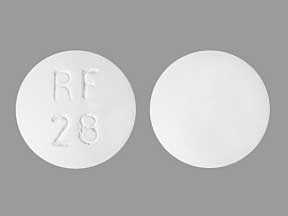
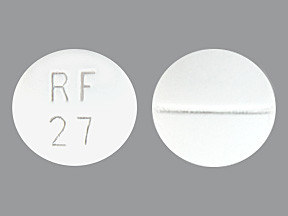
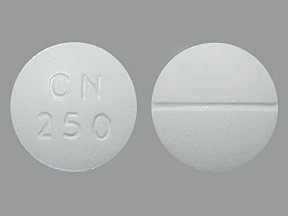
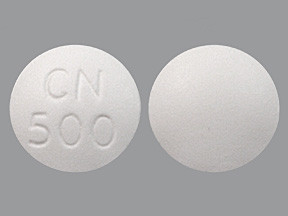
No Reviews Yet